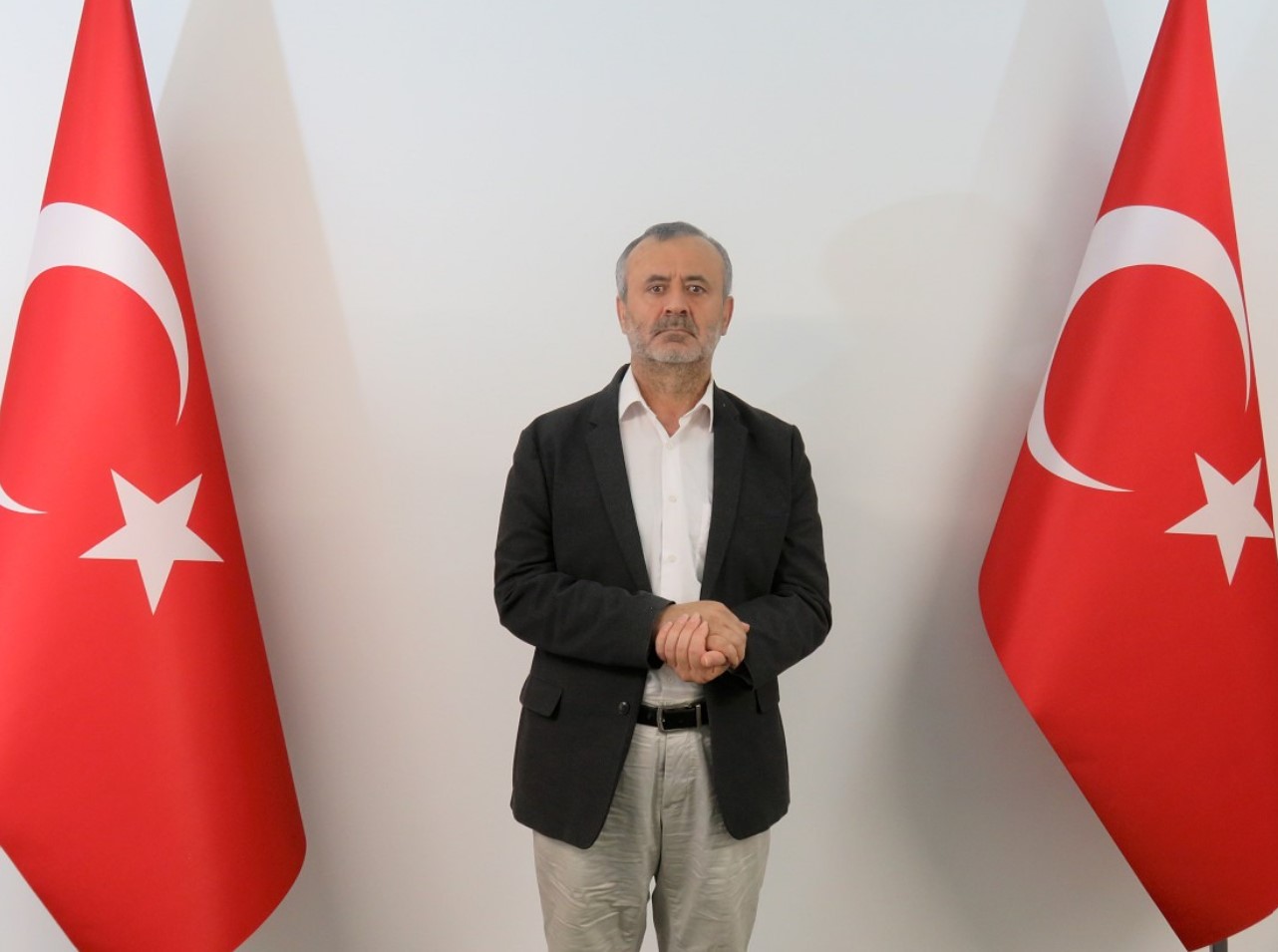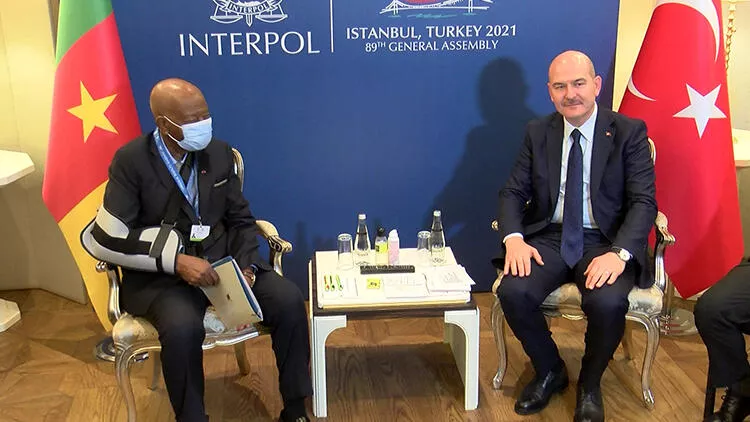Levent Kenez/Stockholm
Turkish President Recep Tayyip Erdoğan sent a security agreement signed with Cameroon in 2014 to parliament on February 13, 2022, starting the approval process. The agreement, which includes extensive cooperation against terrorism, joint police operations and intelligence sharing, brings the possibility of new abductions or illegal deportations of Turkish citizens to the agenda since the Erdoğan government continuously calls political opponents “terrorists.”
Turkish intelligence had previously abducted a significant number of Erdoğan opponents in violation of international law as part of a witch-hunt that was launched following an abortive coup in 2016.
Similar to previous security accords, the text of the agreement, obtained by Nordic Monitor, contains ambiguous phrases that could be used by the Turkish government to suppress opponents living in exile and critics outside the country.
English, Turkish and French text of the agreement:
Article 3(1.a) of the agreement allows the parties to exchange operational information to prevent and combat transnational crime, terrorist acts and terrorist groups.
In addition to UN Security Council resolutions, Article 3(2) of the agreement references local laws as to what is to be defined as a terrorist act, reading, “The parties shall also cooperate to prevent and suppress terrorist acts and financing of terrorism in conformity with their national laws in force …” The European Union and the United States have repeatedly criticized Turkey for its overly broad interpretation of the provisions of its anti-terrorism law in a way that silenced dissidents by using national security as a pretext.
Article 3(1.b) of the agreement also allows for joint police operations, stating that the parties “in conformity with its national laws agree to carry out joint police operations. The relevant operational procedures shall be agreed upon by the Authorities of both parties as mentioned in Article 7 of this Agreement.”
Previous research conducted by Nordic Monitor shows that the content of security agreements changed in parallel with the transformation of national legislation; that the new documents contain ambiguous copy-paste phrases designed to suppress government opponents outside the country; and that the number of agreements has increased since the Gezi uprising.
The Gezi protests erupted in May 2013 over a government plan to destroy and redevelop a park near the famous Taksim Square in central İstanbul. Hundreds of thousands of people took to the streets in Turkey to protest Erdogan’s authoritarian policies. The Gezi protests were one of the largest in modern Turkish history.
Erdoğan’s strategy of repressing critics and journalists and of destroying freedoms guaranteed by the Turkish constitution and relevant domestic laws accelerated after the Gezi protests. Turkey’s anti-democratic process took on new momentum after corruption scandals that incriminated Erdoğan became public knowledge in the December 17-25, 2013 period.
Turkey’s violation of the rights of its citizens, thanks to security agreements and secret agreements with other states, was also put on the agenda by the United Nations. A joint UN letter dated May 5, 2020 underlined that the Turkish government had signed bilateral security cooperation agreements with multiple states that were phrased ambiguously to allow for the expulsion or abduction of Turkish nationals living abroad.
“[The Turkish] Government has signed bilateral security co-operation agreements with multiple States allegedly containing broad and vague references to combatting terrorism and transnational crime. Sources claim that the agreements have been phrased ambiguously to allow for expulsion or abduction of anyone deemed to be a ‘security risk’ from third countries party to the agreements. There appears to be a clear link in the timing of the alleged operations – most, if not all, have been carried out within two years since the agreements entered into force. For instance, allegations are made that Turkey has signed secret agreements with several States, including Azerbaijan, Albania, Cambodia and Gabon, where several operations are reported to have taken place,” the letter states.
According to the letter, UN rapporteurs asked those countries to investigate the responsible officials for their role in Turkey’s abduction operations and reveal the secret agreements signed with Turkey in that regard.
Independent global media organization Open Democracy reported that since the attempted coup in July 2016, 16 domestic abduction cases have been recorded – mostly individuals accused of being followers of Fethullah Gülen, a fierce critic of the Erdoğan government, but also some suspected supporters of the outlawed Kurdistan Workers’ Party (PKK).
These abductions are no longer limited to Turkey’s borders. Since 2016, 107 individuals, most of them accused of being Gülenists, have been brought back to Turkey from at least 16 countries, including Azerbaijan, Gabon, Kosovo, Malaysia, Moldova, Myanmar, Pakistan and Saudi Arabia.

Most recently educator Orhan İnandı was kidnapped in Kyrgyzstan on May 31 and illegally brought to Turkey by Turkish intelligence agency MIT. İnandı, who had lived in Kyrgyzstan for nearly 30 years, was arrested July 12 on charges of membership in a terrorist organization.
Nordic Monitor reported that Turkish diplomats in Cameroon profiled critics, after which these Turkish nationals were included in a terrorism probe on fabricated charges by a Turkish prosecutor in 2018.












